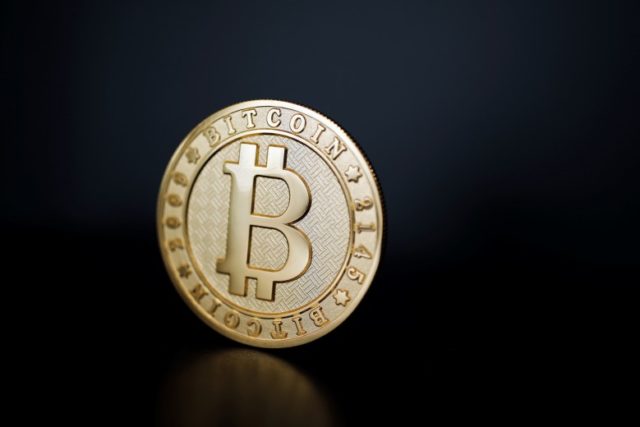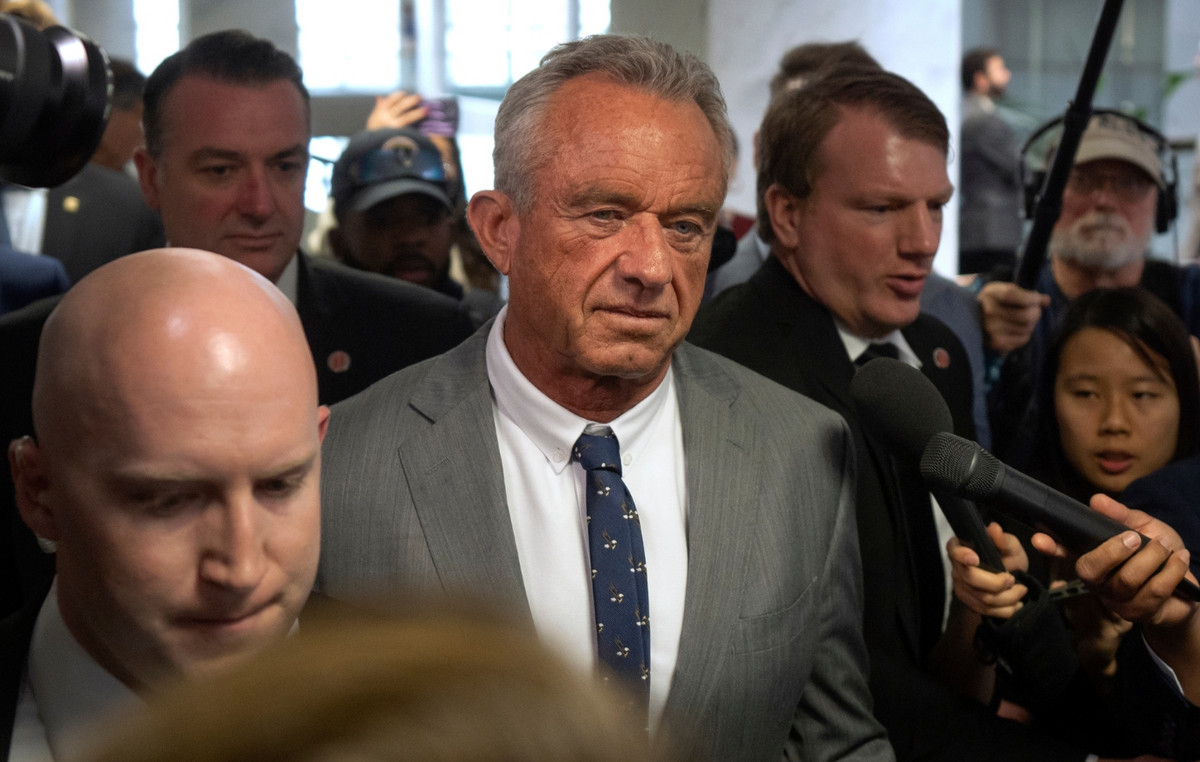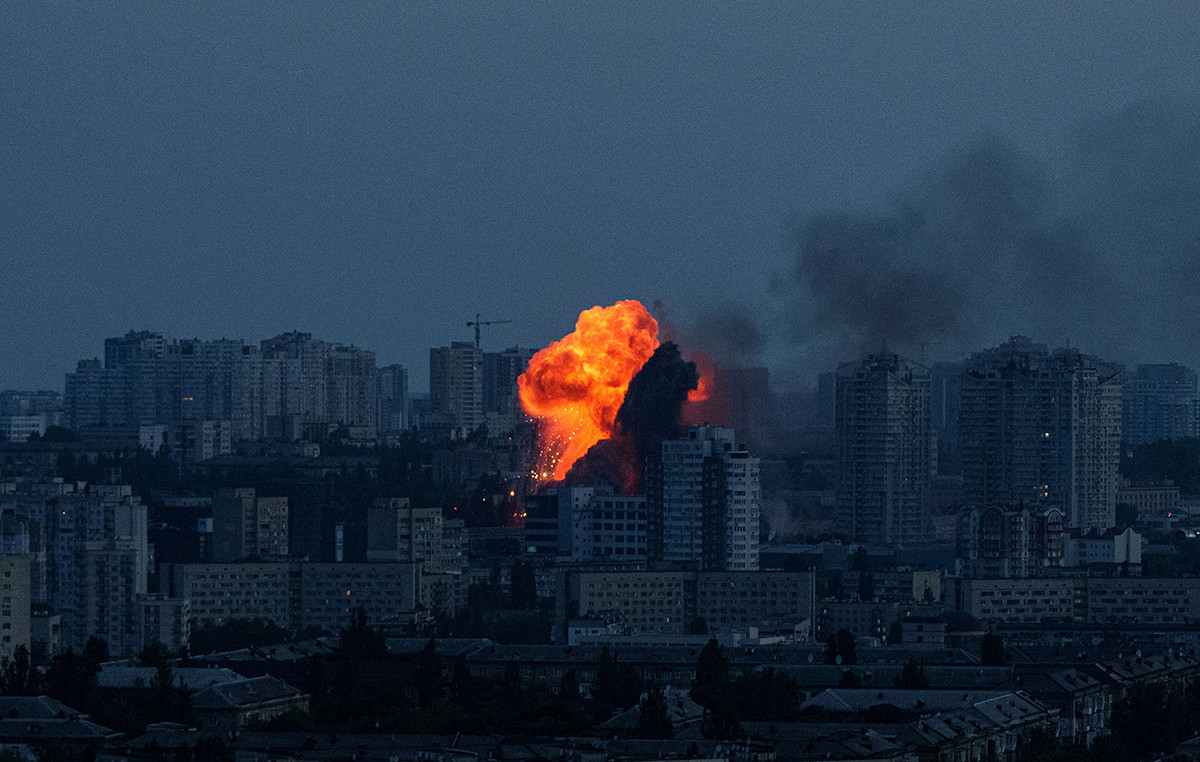Oil fell sharply on Wednesday, just one day after climbing to its highest level since 2008, losing some of its recent gains thanks to a rally sparked by Russia’s invasion of Ukraine.
Today’s correction in crude prices was fueled by the apparent de-escalation of the Russian-Ukrainian crisis and the possible progress of the US effort to persuade OPEC + member countries to increase production in order to allay concerns about new supply problems.
Oil prices climbed to a 14-year high on Tuesday after the US president announced that he was banning oil imports from Russia, in a bid to intensify economic pressure on Moscow to end its invasion of Ukraine.
However, the climate in the oil market changed on Wednesday amid hopes for a diplomatic solution to the Ukrainian crisis, which raised comments from the two warring countries.
Moscow today stressed that it wants to ensure Ukraine’s neutral status and would prefer to do so through talks, but added that this does not include the overthrow of the Kiev government. A spokeswoman for Russia’s foreign ministry said in a statement that the Kremlin hoped to make “significant progress” in the next round of talks with Kyiv, reiterating that the country had reacted to the North Atlantic Alliance’s “conflict course”.
For its part, Kyiv said Ukraine would not agree to any unacceptable ultimatums set by Russia but was ready to discuss issues such as the country’s neutral status, with Ukrainian President Volodymyr Zelensky also telling ABC News his interest in NATO, noting that he is open to dialogue on the fate of the republics of eastern Ukraine, Donetsk and Lugansk, which Russia recognizes as independent.
The fall in prices was accelerated by the apparent shift in the attitude of some OPEC + members regarding the increase in production, with US Secretary of State Anthony Blinken announcing today that the United Arab Emirates would support an increase in OPEC + production, with the country appear willing to “mediate” to convince the other members of the cartel.
At the same time, Reuters reports that Iraq has said it is ready to increase production if OPEC + requests it.
It is noted that despite strong pressure from the US and not only in recent weeks, OPEC +, a group in which Russia also participates, has so far refused to increase its production beyond the agreed level of 400,000 barrels per day each month.
In this context, the American West Texas Intermediate crude for April delivery fell $ 15 or 12.1% today and closed at $ 108.70 a barrel, just one day after climbing to the highest level since August 1, 2008.
Brent crude, which is also a global benchmark, also recorded strong losses, with the May contract losing $ 16.84 or 13.2% and closing at $ 111.14, after yesterday reaching the highest level since July 22. 2008.
Significant losses were recorded on Wednesday both in petrol and heating oil, which climbed to new historical highs yesterday. In particular, April delivery fell 10.6% to $ 3,294 a gallon, while the April contract for heating oil plunged 21.9% to close at $ 3,464 a gallon, the biggest daily drop since January 1991, according to Dow Jones Market Data.
However, the current decline in prices does not currently change the current upward technical outlook for oil and the wider energy complex, according to some analysts, who point out that if the situation between Russia and Ukraine deteriorates, we could see a rapid increase of oil prices to new highs.
At the same time, gas futures in Europe are showing a significant de-escalation, as there is no intention on the European side to impose an embargo on Russia’s energy products.
Thus, the April contract of the European gas at the Amsterdam junction (TTF) after a day of extreme volatility yesterday, recorded losses of 30% on Wednesday, with its price at 149.5 euros per megawatt hour.
Source: Capital
I am Sophia william, author of World Stock Market. I have a degree in journalism from the University of Missouri and I have worked as a reporter for several news websites. I have a passion for writing and informing people about the latest news and events happening in the world. I strive to be accurate and unbiased in my reporting, and I hope to provide readers with valuable information that they can use to make informed decisions.







